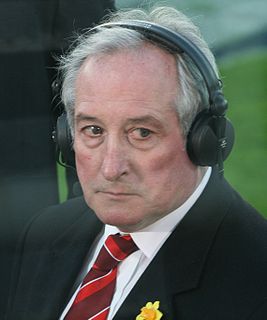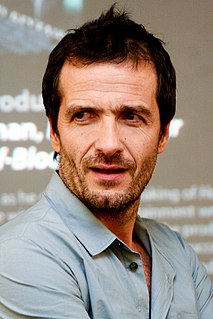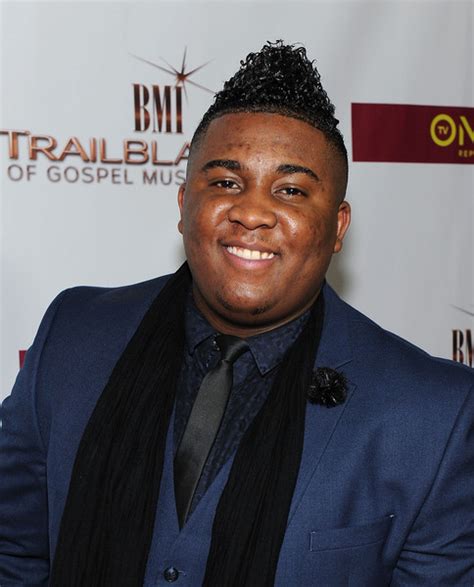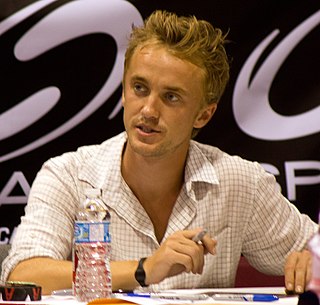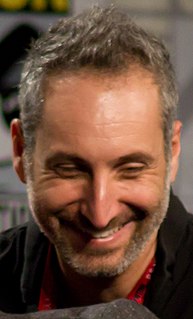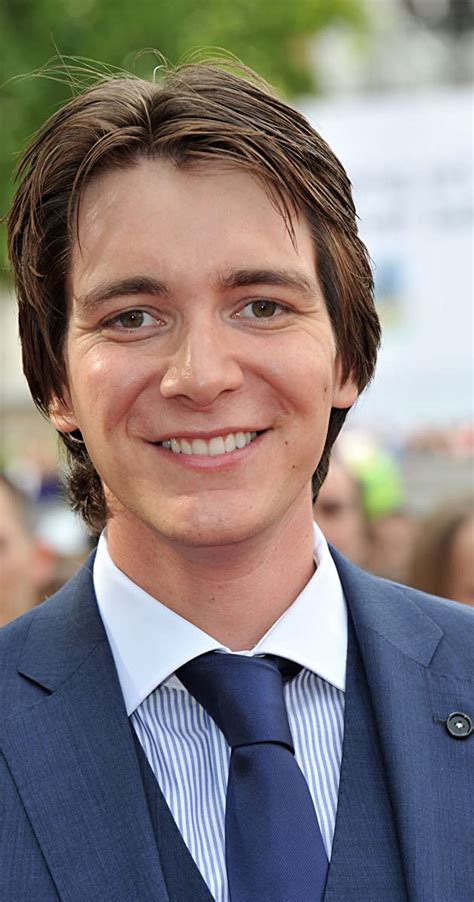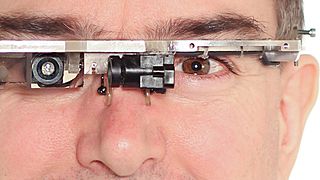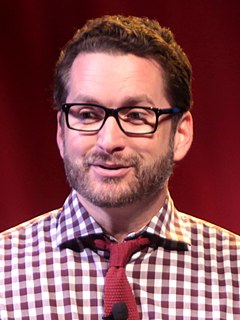A Quote by John Knoll
In high school and college, I'd set a bunch of goals for myself. I wanted to be the lead effects supervisor on one of these really big, innovative visual effects productions, something on the scale of a 'Star Wars' movie. And I wanted to work on a project that wins the Academy Award for best visual effects.
Related Quotes
I think it's an important part of the visual effects supervisor's job to get really deeply embedded in production and keep us all focused on trying to generate the best result. I'm not proprietary about, 'I would rather do this effect than let physical effects do it.' No, let's do the smartest thing for the movie.
The whole visual language of the movie is developed way before we get to set. Especially when you're doing visual effects and you don't have a lot of money to mess around, which we didn't, you have to really preplan everything. Pretty much every shot in the film was figured out months before we got to set.
I don't necessarily think there's a difference in terms of how the film industry and the ad industry view visual effects. If visual effects (or the lack thereof) are used as a tool to strengthen an idea, they're great. If they are meant to carry more of a load in the absence of a concept, they're a waste and a distraction.

